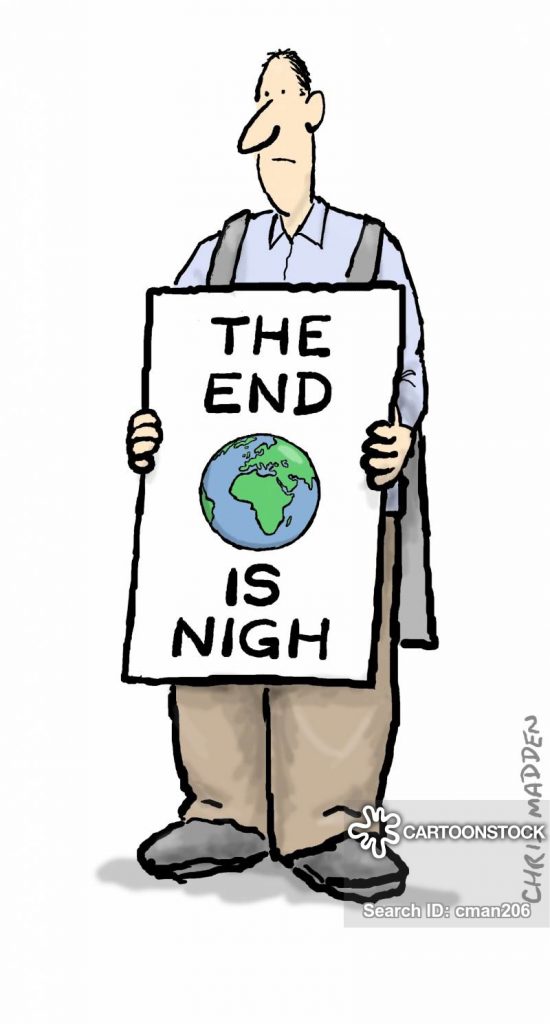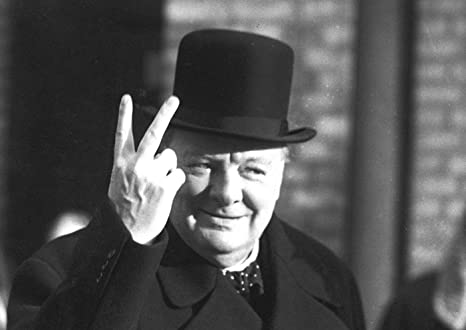In a video recorded for sister site Keynote Doctor, Robin looks at the most important aspect of any story. (It’s probably not what you think it is!)

It’s easy to imagine a gravel-voiced movie trailer: “An invisible enemy. A planet under threat. Armed only with three cans of tuna, a dwindling supply of toilet paper, and some amusing memes on Instagram – can Darren, a shelf stacker at Tesco, survive?”
Okay, I’m being flippant. This is the biggest global event any of us will ever live through. It has brought the most powerful nations – and the British Prime Minister – to their knees. It has struck down the old and the young, the sick and healthy, the poor and the elite. Society has been upended; there are no certainties we can cling to, no safe havens in which to hide.
It’s a story that can very easily overwhelm us as it plays out every night on the news, and at close quarter in our homes. It’s easy to get sucked in to the new storylines, and to believe that the most extreme and far-fetched plot twists are inevitable, and will never stop.
But it’s useful to remember that whatever we hear or read; they are just stories – an interpretation of perceived facts. Online news organisations and social media platforms have a financial incentive to provoke outrage, anger and fear. So how can we, to coin a phrase, take back control of the story?
In his book, Out of the Wreckage: A New Politics for an Age of Crisis, George Monbiot discusses the importance of story in changing global attitudes. He comes to the conclusion: “The only thing that can displace a story is a story.”

As a storytelling and leadership coach, I see on a daily basis how empowering it is to be able to see yourself in your own story. Serious as this crisis is, we will emerge from it, and it will only have been a very small proportion of your life. That said, it will be a period in our planet’s history that future generations will ask us about. What story do we want to be able to tell?
I have a friend who is working round the clock – away from his family for weeks on end – to finish the construction of a new hospital in Liverpool, months ahead of schedule with a depleted workforce. I have friends who are doctors and nurses calmly and selflessly putting their lives on the line day after day. But not all of us are on the front line. What could our story be?

In a masterstroke of narrative reframing, Winston Churchill cast the thousands of small vessels that crossed the English Channel to rescue the retreating and beaten British army trapped on the beach at Dunkirk, as the triumph of a resourceful nation. There are literally millions of C19 equivalent stories where small individual acts of kindness and neighbourly concern have had a collective impact. Not only has the whole population sacrificed its freedom to slow the spread of the virus, people have donated generously to food banks, they are shopping for vulnerable neighbours, volunteering for the NHS, keeping in touch – by phone, Zoom, even dog-delivered letter, to support those who are self-isolating. I suspect that these are the stories that will define this crisis. After all, you hear a great deal more about the Blitz spirit than you do about the dank conditions of air-raid shelters.
Part of this #CovidSpirit is the expression of our imaginations. A friend of mine has been in lockdown for a month in a small flat in Rome with her four-year-old daughter, Sofia. For Sofia, the last month has been one of a thousand adventures. She has turned her bed into a boat and sailed to Madagascar, gone diving in the bath for octopus, hosted royal dinner parties, dress code: “like a princess”. She’s designed a spaceship with a nose for sniffing out dogs, and rescued a ladybird from a stampede of dinosaurs, and decided that when this is all over, she will be a vet. Which brings me on to my final point: the future.

Please note, I haven’t asked you about your plan for the future; I’m interested in your story. To quote creative guru David Pearl, “A plan is the most direct route between A and B while story is the most interesting route.”
Rather than sketch out a bullet-point plan, we are engaging the most creative parts of the brain, and are more likely to dream up a more emotionally satisfying and imaginative future for ourselves if we cast ourselves in a story.
As the protagonist, where are you taking us? Let’s go beyond Covid; let’s think bigger and scroll forward 10 years. What life have you created for yourself, your family, your company or the world?
Imagine your life as a movie, starting now and ending in a triumphant climax in ten years’ time. What would the gravel-voiced trailer say? If you were to write the log line (a short description in a TV guide) about your movie, what words would you choose? Give it a go!
Storytelling is leadership. The story of your future is not granted by anyone else; it’s created by you. It’s your story, and if you make it really compelling, the rest of us will want to be a part of it too.